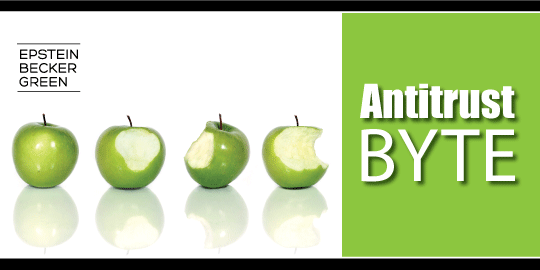
When a physician network or a multiprovider network lacks sufficient integration (either financial or clinical), agreements on price among the competing providers in the network must be avoided. One way to do this is through the use of the so-called “messenger model.”
Under a messenger model, the network itself (or an independent consultant) acts as a mere messenger, or “go between,” conveying offers and responses between each potential payor and each physician. While the agent cannot negotiate on behalf of the providers, in some cases, the fact that a single agent is conveying offers and responses relieves an administrative burden on both the providers and the payors.
Statement 9 of the Statements of Antitrust Enforcement Policy in Health Care describes the use of the messenger model:
Messenger models can be organized and operate in a variety of ways. For example, network providers may use an agent or third party to convey to purchasers information obtained individually from the providers about the prices or price-related terms that the providers are willing to accept. In some cases, the agent may convey to the providers all contract offers made by purchasers, and each provider then makes an independent, unilateral decision to accept or reject the contract offers.
Antitrust enforcement agencies warn, however, that providers must use care, even when using a messenger model, if the messenger coordinates providers’ responses, acts as an agent for collective negotiation, or otherwise facilitates collusive activity among the providers. Thus, the critical aspect of the messenger model is that there must not be any agreement—whether explicit or de facto—among the providers regarding price.
* * *
For additional information about the issues discussed above, or if you have any other antitrust concerns, please contact the Epstein Becker Green attorney who regularly handles your legal matters, or one of the authors of this Antitrust Byte:
|
E. John Steren |
Patricia Wagner |
People
- Member of the Firm
- General Counsel / Chief Privacy Officer

